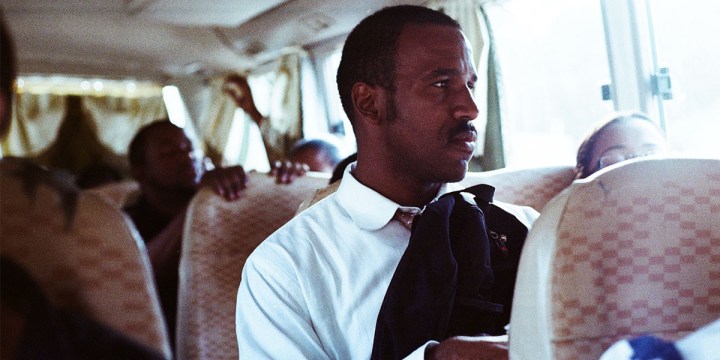These Are the 14 Latin American Movies in the Running for Best Foreign Language Film Oscar

'Cocote' still courtesy of Toronto Film Festival.
It’s that time of the year again! Whether you like it or not awards season is now in full swing. And while we’ll admit the Oscars are hit and miss with, well, pretty much everything (remember #OscarSoWhite?) there is one category that always delivers: Best Foreign Language Film. Because of its constraints (each country submits one film) as well as its global purview, it most often showcases some of the best work from around the world. Just last year Chile’s Sebastián Lelio took gold for his tender A Fantastic Woman. The past ten years alone has seen nominations for Mexico (Biutiful), Argentina (winner The Secret in Their Eyes, Wild Tales), Peru (The Milk of Sorrow), Colombia (Embrace of the Serpent) and Chile again (No).
With Alfonso Cuarón’s Roma in the running, it’s safe to say that at least one slot in the category will be taken by a Latin American filmmaker. As to who might join the Mexican filmmaker, the Academy has finally unveiled the list of all eligible films. There are 87 films in competition from all over the world (not Cuba, sadly). And we’ve gone ahead and singled out every single submission from Latin America, from that black-and-white Netflix film and fest favorites from Colombia and the Dominican Republic, all the way to the first-ever film shot entirely in the Aymara Language.
Consider the full list below a way to keep track of the best of Latin American cinema you should catch in the next few months ahead of Oscar nominations.
From all eligible movies, nine will be announced in mid-December as part of the short list. From that list, Academy members will vote and select five as the official nominees. Nominations for the 91st Academy Awards are announced on January 22, 2019.